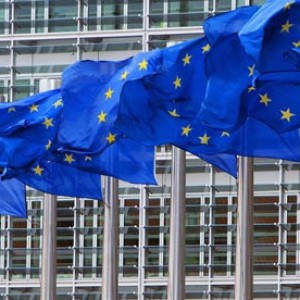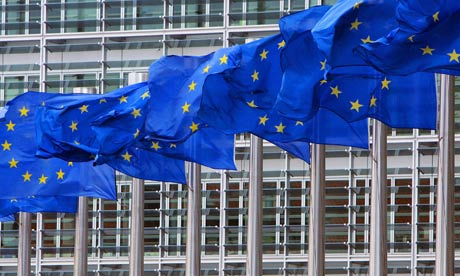 The rightward swing of at least one member nation has given the European Union pause. On January 13, the EU’s executive body will address the controversial new amendments to Poland’s media law. The amendments effectively permit the government to appoint managers of state-run radio and television stations. Critics protest such measures curtail free speech.
The rightward swing of at least one member nation has given the European Union pause. On January 13, the EU’s executive body will address the controversial new amendments to Poland’s media law. The amendments effectively permit the government to appoint managers of state-run radio and television stations. Critics protest such measures curtail free speech.
The decision to schedule a debate marks the growing alarm regarding newly passed changes supported by Poland’s conservative-nationalist Law and Justice party (PiS).
The legislation is only one in a string of questionable measures President Andrzej Duda’s party has taken since entering office. Just last week, Poland also introduced controversial changes to its constitutional court requiring court to reach a two-thirds majority in order to pass most of its rulings. The PiS also appointed five judges to the court. Critics say the changes will undermine democratic checks and balances.
Meanwhile, Gunther Oettinger, the EU commissioner for the digital economy and society, threatened to put Poland on notice for infringing on common European values for the legislation, noting “solid grounds for us to activate the rule of law mechanism and put Warsaw under monitoring.”
Under the EU’s recently adopted rule of law mechanism, the European Commission can escalate pressure on a member state to amend any measure that is considered a “systemic threat” to fundamental EU values.
Threatened with the loss of its member voting rights, the Polish government defends the amendments as necessary because under the previous pro-EU government, state broadcasters were “deeply one-party media.” Further, they argue, the previous center-right Civic Platform party allowed corruption to flourish.
Still, media watchdogs warn of the peril inherent in the reorganization. As reported in BBC News, “It will put TVP and Polish Radio – which have a huge audience – under the control of a new national media council close to the ruling PiS. Current media regulators will be replaced, and the treasury minister will exert direct control over the public channels’ managers.”
In protest of the new law, four directors of state TV channels and programs resigned last week, while state radio is broadcasting the EU and Polish national anthems before news broadcasts to emphasize commitment to EU values.







